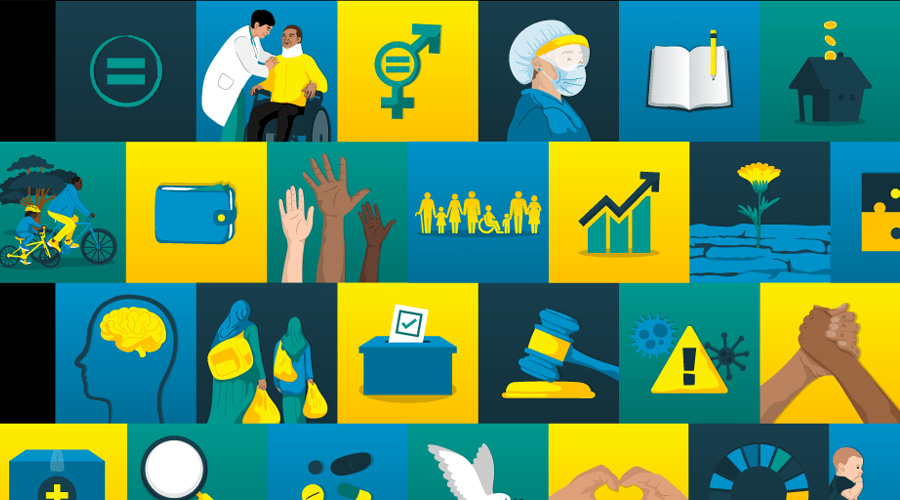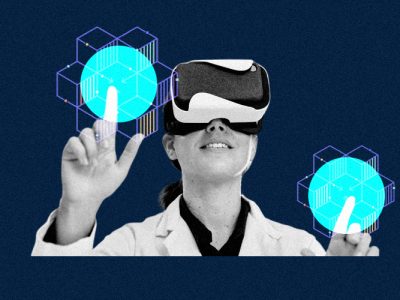
What is the role of data analytics in healthcare? And why do healthcare providers need it?
In a world where data is constantly being generated, it’s no surprise that healthcare providers are turning to data analytics to help solve some of their biggest problems. After all, data analytics has the potential to improve patient care, lower costs, and increase efficiency. But what exactly is data analytics? And why do healthcare providers need it? In this blog post, we will explore the answer to these questions and more. We will also discuss some of the challenges faced by healthcare providers when it comes to data analytics and how they can be overcome.
What is Data Analytics?
There are three main types of data analytics:
- Descriptive analytics: This type of data analytics describes what has happened in the past. It can be used to identify patterns and trends, and to develop hypotheses about what might happen in the future.
- Predictive analytics: This type of data analytics uses historical data to predict what might happen in the future. It can be used to make decisions about which course of action to take in order to achieve a desired outcome.
- Prescriptive analytics: This type of data analytics not only predicts what might happen in the future, but also prescribes a course of action to take in order to achieve a desired outcome.
Healthcare providers generate vast amounts of data on a daily basis from patient medical records, claims, and other sources. However, this data is often siloed and difficult to access and analyze. Data analytics can help healthcare providers overcome these challenges by providing them with the ability to turn this data into actionable insights.
Data analytics can be used for a variety of purposes, such as identifying cost-saving opportunities, improving patient outcomes, and reducing readmission rates. In addition, data analytics can help healthcare providers comply with regulatory requirements and improve their overall operations.
The Need for Data Analytics
Data analytics is critical for healthcare providers in order to drive quality improvements and cost reductions. The ability to collect, analyze and use data allows providers to identify areas of opportunity, track progress and make data-driven decisions.
Healthcare providers are under constant pressure to improve quality and safety while reducing costs. In order to meet these goals, they need to be able to effectively collect and analyze data. Data analytics can help them identify areas where quality can be improved and costs can be reduced.
Tracking progress is another important reason why data analytics is so important for healthcare providers. By analyzing data, providers can see how their patients are doing and what areas need improvement. This information is essential for making informed decisions about care plans and treatments.
Finally, data analytics also allows healthcare providers to better understand their patients. By analyzing patterns in the data, they can gain insights into their patient’s health needs and preferences. This information can be used to customize care plans and improve patient outcomes.
How Can Data Analytics Help Healthcare Providers?
Data analytics provides healthcare providers with the ability to improve patient care while also reducing costs. By analyzing data from multiple sources, healthcare providers can identify trends and patterns that can help them to make better decisions about patient care. Additionally, data analytics can help healthcare providers to improve communication and coordination between different departments within their organization.
Implementing Data Analytics in Healthcare
Healthcare providers are under immense pressure to improve patient outcomes while containing costs. Data analytics has emerged as a key solution for many healthcare organizations because it allows them to make better use of the data they already have.
When implemented correctly, data analytics can help healthcare providers identify patterns and relationships that would otherwise be hidden. This information can then be used to make better decisions about patient care, resource allocation, and more.
There are many different ways to implement data analytics in healthcare, but some common approaches include:
- Identifying high-risk patients: Data analytics can be used to identify which patients are most likely to experience adverse events or poor outcomes. This information can then be used to target interventions and resources for these patients.
- Improving disease management: Data analytics can also be used to improve the way diseases are managed. For example, by identifying patterns in how diseases progress, data analytics can help healthcare providers design more effective treatment plans.
- Reducing readmissions: One of the main goals of data analytics in healthcare is to reduce readmissions. By identifying which patients are at risk of being readmitted, healthcare providers can take steps to prevent it from happening.
- Enhancing population health: Data analytics can also be used to improve population health. For example, by analyzing data on demographics, lifestyle factors, and health outcomes, healthcare providers can develop targeted public health interventions.



















